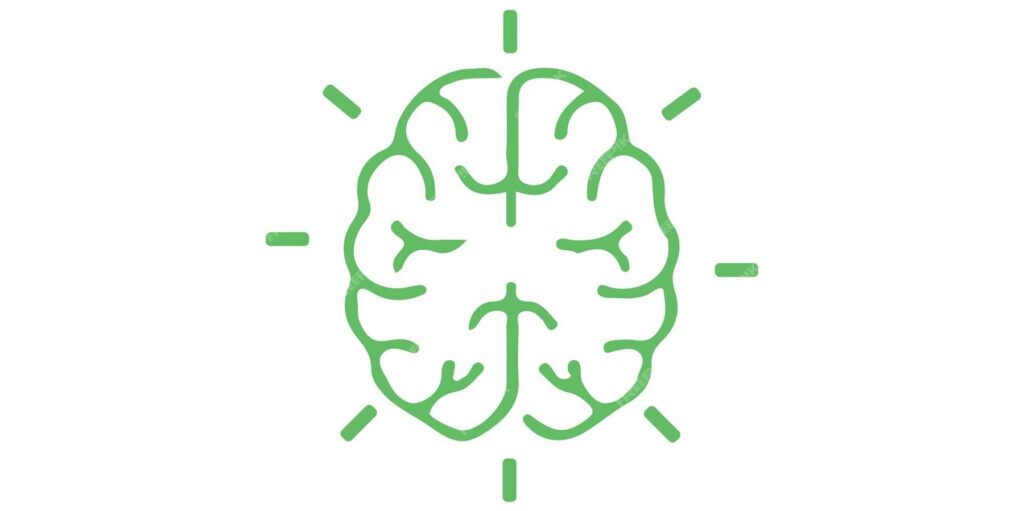Welcome to the Person-Environment Interaction in the Risk and Resilience for Mental Health Lab!
This research program is based on a dimensional conceptualization of mental health problems, which challenges the dogma that mental disorders are exclusively genetic-based brain illnesses and seeks to understand how a complex interaction among genetic, environmental, and psychological factors shapes the risk and resilience to mental suffering across the population.
Our research focuses mostly on the psychosis spectrum with several interrelated lines:
1) The use of momentary ecological assessment (with mobile phones) to improve our mapping of person-context interactions and their impact on the dynamic expression of mental suffering and wellbeing. This has relevant clinical applications, as understanding real-life trait/symptom variation and its internal and situational determinants is critical for improving clinical formulation and tailoring individualized treatments.
2) The impact of psychosocial factors, such as childhood maltreatment, on psychological variables (e.g., attachment style) and how this is moderated by genetic variability to create a greater susceptibility to express psychosis across different levels of expression (from schizotypy traits to subclinical or severe psychotic manifestations).
3) The examination of whether positive psychosocial environmental factors impact on genetic and psychological sensitivity to the environment to shape resilience to psychosis and other symptom dimensions, as well as positive outcomes such as creativity or wellbeing. Validation of this framework would challenge our pessimistic view of sensitivity as a ‘vulnerability’ or ‘at risk’ status and offer empirical evidence for implementing resilience-inducing psychosocial interventions in clinical/community settings.

Latest News
- Neus Barrantes Vidal Among the Top 1000 Researchers in SpainWe are proud to share that Dr. Neus Barrantes Vidal, principal investigator of our research team and member of the Department of Clinical and Health Psychology at the UAB, has been included among the top 1000 researchers in Spain, according to the most recent Ranking of Women Researchers in Spain compiled by the Institute of… Read more: Neus Barrantes Vidal Among the Top 1000 Researchers in Spain
- Psychological Language in Everyday Life: Does It Help or Complicate Relationships?In a recent article published in La Vanguardia, Dr. Neus Vidal Barrantes, reflects on how the widespread use of psychological language in everyday contexts may be complicating interpersonal relationships. The piece explores how terms such as trauma, toxicity, or anxiety—originally clinical in nature—are increasingly used in popular discourse, often disconnected from their technical meanings. Alongside… Read more: Psychological Language in Everyday Life: Does It Help or Complicate Relationships?
- Two New Publications in Schizophrenia BulletinWe’re excited to share that two of our papers have been published in the Schizophrenia Bulletin Special Issue ‘Neuroscience of Schizotypy’! In these studies, we applied—for the first time—the Differential Susceptibility hypothesis to better understand the psychosis phenotype. 🔍 Paper 1 In this study, we examined how childhood adversity interacts with individual differences in environmental… Read more: Two New Publications in Schizophrenia Bulletin
- Team Highlights from the 2025 SIRS Conference in ChicagoThe 2025 Schizophrenia International Research Society (SIRS) Conference in Chicago was an inspiring and enriching gathering of researchers from around the world, and we’re proud to share that our team was actively involved the event. 🌍 Dr. Neus Barrantes Vidal, principal investigator of our group, participated as a discussant in the workshop “Bridging Perspectives: Insights… Read more: Team Highlights from the 2025 SIRS Conference in Chicago


